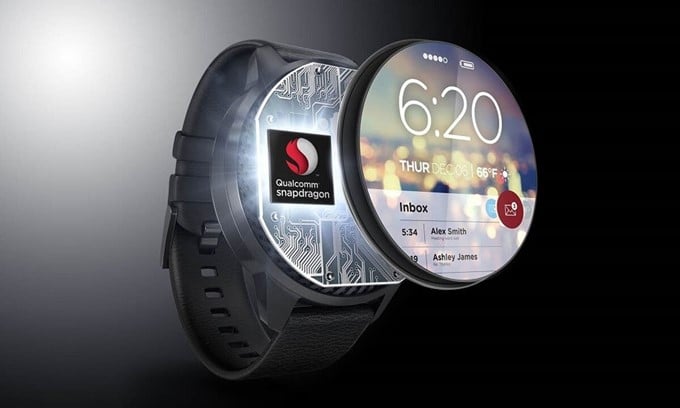The Smart watches They are one of the most in-demand product categories in the consumer electronics industry. The best models are offered by Apple through its Apple Watch line, although other brands also offer attractive options capable of attracting consumer interest. Many of the main Asian manufacturers – such as Samsung, Huawei and Xiaomi – offer a wide variety of products in this sector.
The complete control that Apple has over the software and hardware of its devices is one of the company's most significant advantages over its competitors. Its latest series of smartwatches is built on Apple's S7 CPU hardware architecture, which guarantees up to 18 hours of battery life. Qualcomm is the only company producing alternative processors for wristwatches at the moment.
The limited commercial success of smart watches with Wear 4100 and 4100 Plus processors has been one of the reasons why the Apple Watch dominates this market sector so strongly. The slow pace of development of these processors has even led to cooperation between three of the most prominent companies in the sector, which has resulted in Google and Samsung join forces with Qualcomm to produce smart watches capable of competing with the Apple Watch.
Their collaboration will lead to important advances in the development of Wear OS, a version of Android focused on smart watches. In addition, Qualcomm has promised to accelerate the development of the processors Snapdragon Wear 5100. Its launch will be a fundamental step so that a new generation of smart watches can establish themselves as serious competitors to the Apple Watch.
According to the NewsBit portal, the company has already provided a brief teaser of its upcoming chips on its Twitter account. An animation shows the inner workings of a watch and the transistors of the Snapdragon Wear 5100. Aside from the phrases "Wear What Matters" and "Coming Soon," the video does not reveal any hardware-related information.
However, Qualcomm expected to move to 4-nanometer manufacturing technology for Wear 5100 and 5100+, which would be a considerable improvement over the 12nm process of the Wear 4100.

Expert in SEO/SEM and communication on social networks.
CEO at tecnologia.net and passionate about everything related to technological progress






